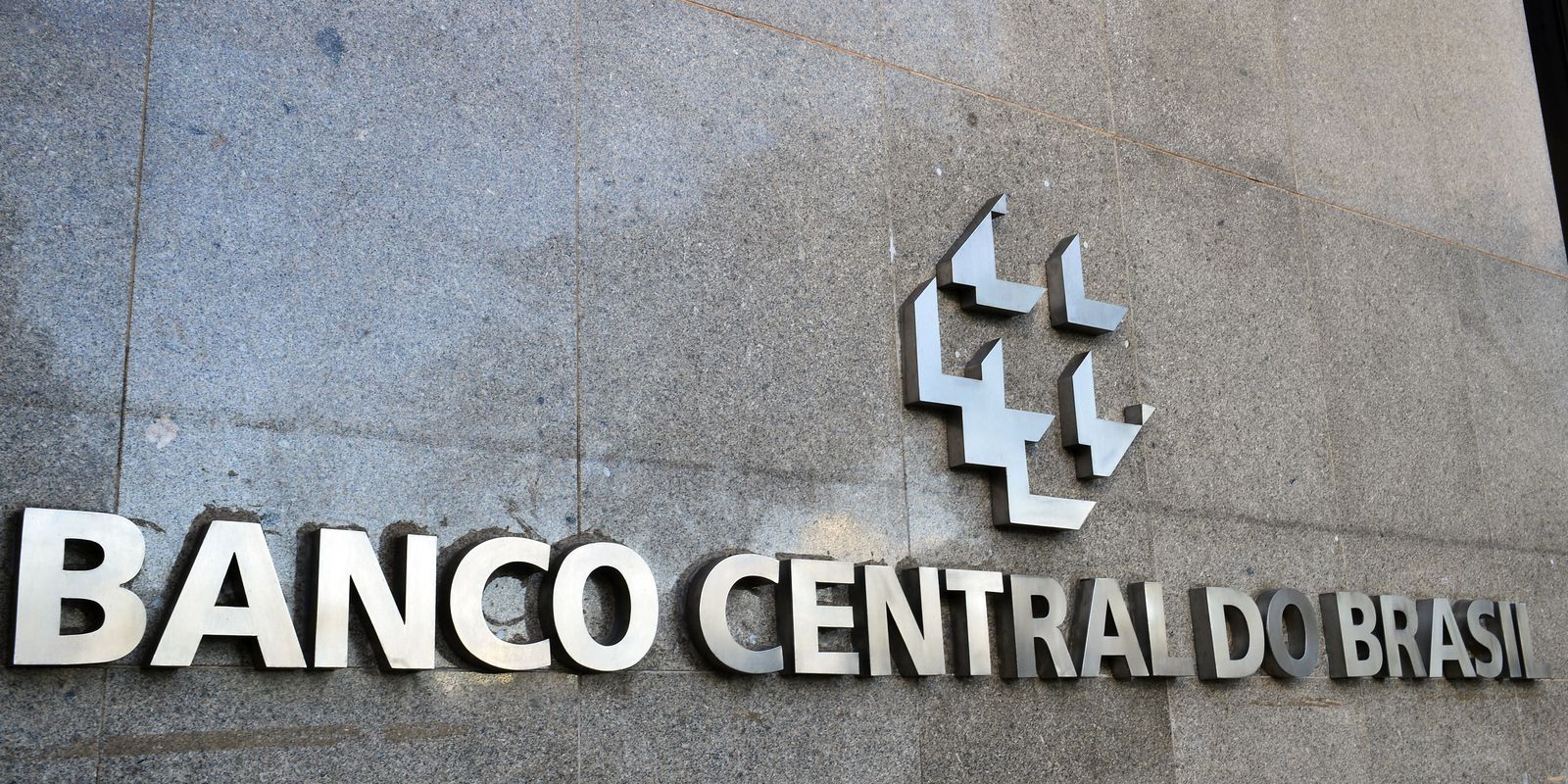Bank profitability has already returned to the pre-pandemic level, with the growth of the interest margin, the reduction of expenses with provisions (reserve on credit risks) and efficiency gains. The assessment is by the Central Bank (BC), in its Financial Stability Report for the second half of 2021, released today (9).
“The system’s profitability continues to recover from the effects of the pandemic and should remain resilient in the short term. After a significant drop in the first half of 2020, the system’s profitability returned to levels close to those observed before the pandemic.
According to the BC, expenses with provisions have stabilized and the current level of coverage of provisions “can help to absorb any increases in problem assets”. The credit margin is pressured by the increase in funding costs, but should benefit from a more profitable mix and new credit contracts at higher rates. Also according to the report, service revenues should grow at a slower pace and costs, although controlled, should continue to be pressured by inflation.
The system’s net income was BRL 132 billion in 2021, 49% higher than in 2020 and 10% higher than in 2019. The return on equity was 15%, returning to pre-pandemic levels.
According to the BC, however, the expectation is for a more moderate evolution of profitability in the coming periods. “The scenario for 2022 is of weaker economic activity, lower credit growth, normalization of defaults and higher funding and operating costs. These elements represent obstacles to the evolution of profitability ahead”, says the BC report.
Bank credit to micro, small and medium-sized companies continues to grow above the pre-pandemic level. Although there were new concessions under the National Support Program for Micro and Small Businesses (Pronampe) and the Credit Stimulus Program (PEC), the highlight was the increase in the portfolio not linked to programs.
stress tests
The solid capital base and stress test results continued to demonstrate the resilience of the banking system in the second half of last year, with adequate provisions for the level of expected losses with credit and comfortable capitalization and liquidity.
In the stress test, the BC simulates how much a situation of severe default and bank runs impact the compliance with minimum regulatory limits by financial institutions and how much the monetary authority would need to contribute to the financial system. Among these limits is the maintenance of a cash reserve to ensure that banks pay all customers who withdraw cash in times of crisis. Credit, interest, foreign exchange and property devaluation risks are also tested.
The BC considered two scenarios, the first involving a fall in economic activity and household consumption, rising unemployment, falling inflation and interest rates; and the second scenario of increased uncertainty in the economy, with fiscal deterioration, high exchange rates, higher interest rates and pressure from inflation.
“The BC assesses that there was no relevant risk to financial stability. Capital stress tests demonstrated that the banking system was prepared to face all simulated macroeconomic shocks,” the report says. “The results obtained in the sensitivity analyzes also indicate good resistance to risk factors, simulated in isolation”, he adds.
The liquidity stress test also indicates a comfortable amount of liquid assets in the event of cash outflows in adverse conditions or shock to market parameters in the short term.
Scratchs
According to BC, the high tax risk and the ongoing process of monetary tightening, of rising interest rates, continue to impact current financial conditions and, consequently, current and future economic activity. “Market confidence in financial stability remains high, although it has receded slightly. Financial institutions expressed concern about fiscal risk and domestic inflation, less confidence in the recovery of economic activity and a drop in willingness to take risks”, says the BC.
According to the report, for financial institutions “the increase in inflation affects consumption and investment decisions, causes a drop in household income and purchasing power and leads to monetary tightening, affecting economic activity, indebtedness and default. ”.
Globally, the financial system of the main economies remains resilient. “Regarding the risk associated with the increase in international geopolitical tensions after the beginning of the war between Russia and Ukraine, the reduced flow of trade between Brazil and the countries directly involved in the conflict suggests a limited impact through this channel”, he explains.
listen on National Radio Agency:

















